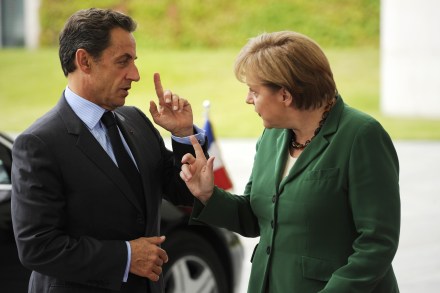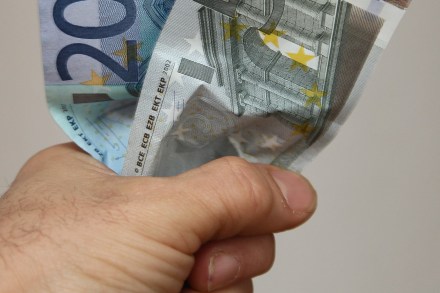Further tension in the Eurozone
The Eurozone’s political crisis is deepening. Further to the news that individual member states were seeking their own bilateral deals with Greece to insure their taxpayers’ money from default, the FT reports that disagreements are emerging over how these deals should be conducted. Holland objects that Finland’s accord with Athens relies on Greece using EU bailout funds as collateral. “The Netherlands is no supporter of this proposal,” Jan Kees de Jager, the Dutch finance minister, said. “It is not compatible with the principle of equal treatment of all euro countries.” Moody’s, the credit rating agency, has said that this affair “confirms that Europe is conflicted over the very decision to provide financial support

















